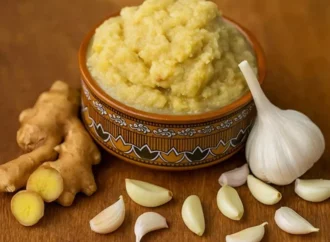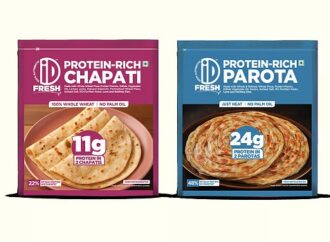Dangerous Foods to Reheat: What Turns Toxic and Why
- Food Safety, Health & Wellness
- February 18, 2025
 Food Manifest
Food Manifest 
Key Update The analysis of Environmental Working Group (EWG), a U.S.-based non-profit organisation, finds that hundreds of chemicals have entered U.S. foods without FDA review. Companies have used a loophole in the Generally Recognised As Safe (GRAS) system to self-certify ingredients—known as “secret GRAS” chemicals—without notifying regulators. EWG identified 111 secret GRAS chemicals, 49 of
READ MORE
Significant Update At least 20 people sought medical attention after developing suspected food poisoning symptoms following a buffet at Hotel Windsor Rajadhani in Kowdiar, Thiruvanthapuram. The incident occurred on February 26 during a private function attended by more than 50 guests. Several attendees reported symptoms such as diarrhoea, vomiting and weakness on February 27 and
READ MORE
Key Update A consumer has alleged that she found plastic-like material inside eggs purchased through the online delivery platform Zepto. The issue came to light after Shalini shared a video on Instagram describing her experience. In the video, she claimed that when she boiled eggs of the Eggos Everyday brand, she noticed thread-like, noodle-shaped strands
READ MORE
Key Update Police raided two manufacturing units in Jalpally and arrested four individuals for allegedly producing substandard ginger garlic paste in unhygienic conditions. The accused — Abdul Sattar, Mohd. Israil, Mohd. Iftekhar and Noor Nabi are residents of Jalpally in Balapur, Telangana. Acting on a tip-off, police teams inspected “SK Royal Enterprises” and “Shahi Gold
READ MORE
Key Update Food Safety and Standards Authority of India (FSSAI) has asked States and Union Territories to strengthen on-ground enforcement and tighten inspections in high-risk food categories. At the 49th meeting of the Central Advisory Committee, Rajit Punhani, Chief Executive Officer, FSSAI, urged States to adopt risk-based inspections and run sustained surveillance drives. He asked
READ MORE
Key Update iD Fresh Food has expanded its protein portfolio with the launch of iD Protein Chapati and iD Protein Parota. The products are now available in Bengaluru and Mumbai, with Delhi set to follow later this month. Building on the success of its protein-rich batter, the company has now introduced protein-enriched versions of two
READ MORE